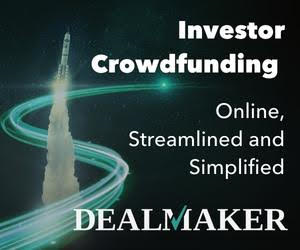Ajala Olawale
shared:
3/16/2025 8:35:44 AM

Reply
Whether you are raising funds for a personal cause, starting a business, or launching a product, choosing the right crowdfunding model is critical to success.
1. Reward-Based Crowdfunding
- Description: Backers contribute to a project or cause in exchange for non-financial rewards, typically the product being created or some form of experience (e.g., limited edition items, early access).
- Example Platforms: Kickstarter, Indiegogo
- Use Case: Common for startups, product launches, creative projects, and innovative tech.
2. Equity-Based Crowdfunding
- Description: In this model, backers (investors) contribute money in exchange for equity or ownership in the company or project. Essentially, backers become partial owners.
- Example Platforms: Crowdcube, SeedInvest, Republic
- Use Case: Ideal for early-stage companies or businesses looking to raise capital and offer ownership stakes to investors.
3. Donation-Based Crowdfunding
- Description: People donate money to support a cause, charity, or individual, and do not expect anything in return. The main focus is on helping others, whether it's for personal, charitable, or social causes.
- Example Platforms: GoFundMe, JustGiving, YouCaring
- Use Case: Often used for charitable causes, medical expenses, disaster relief, personal needs, or community support.
4. Debt-Based Crowdfunding (Peer-to-Peer Lending)
- Description: In this model, backers lend money to individuals or businesses in exchange for the promise of repayment with interest. This is essentially a loan.
- Example Platforms: LendingClub, Funding Circle, Prosper
- Use Case: Common for individuals or small businesses looking for loans without going through traditional financial institutions.


